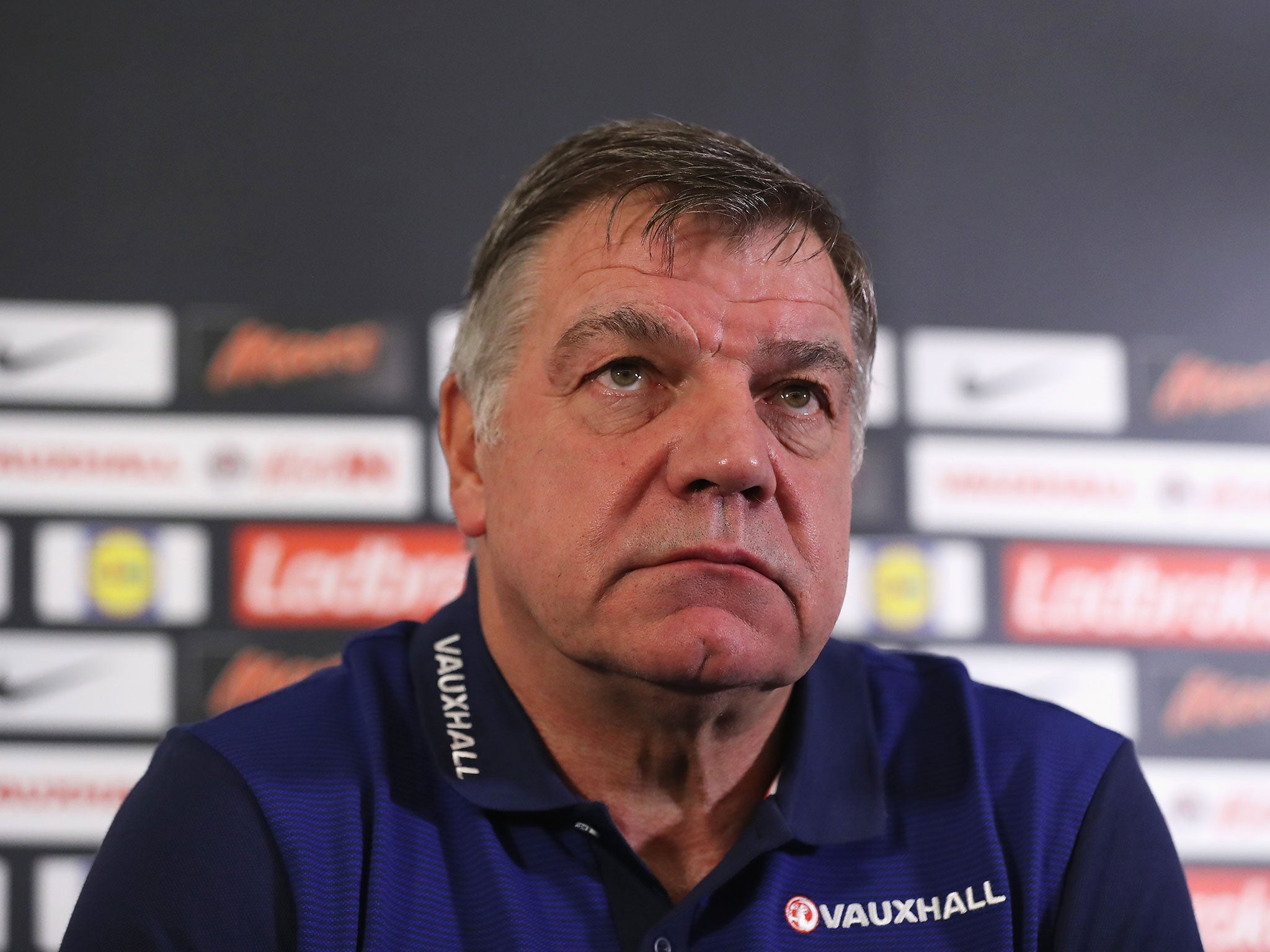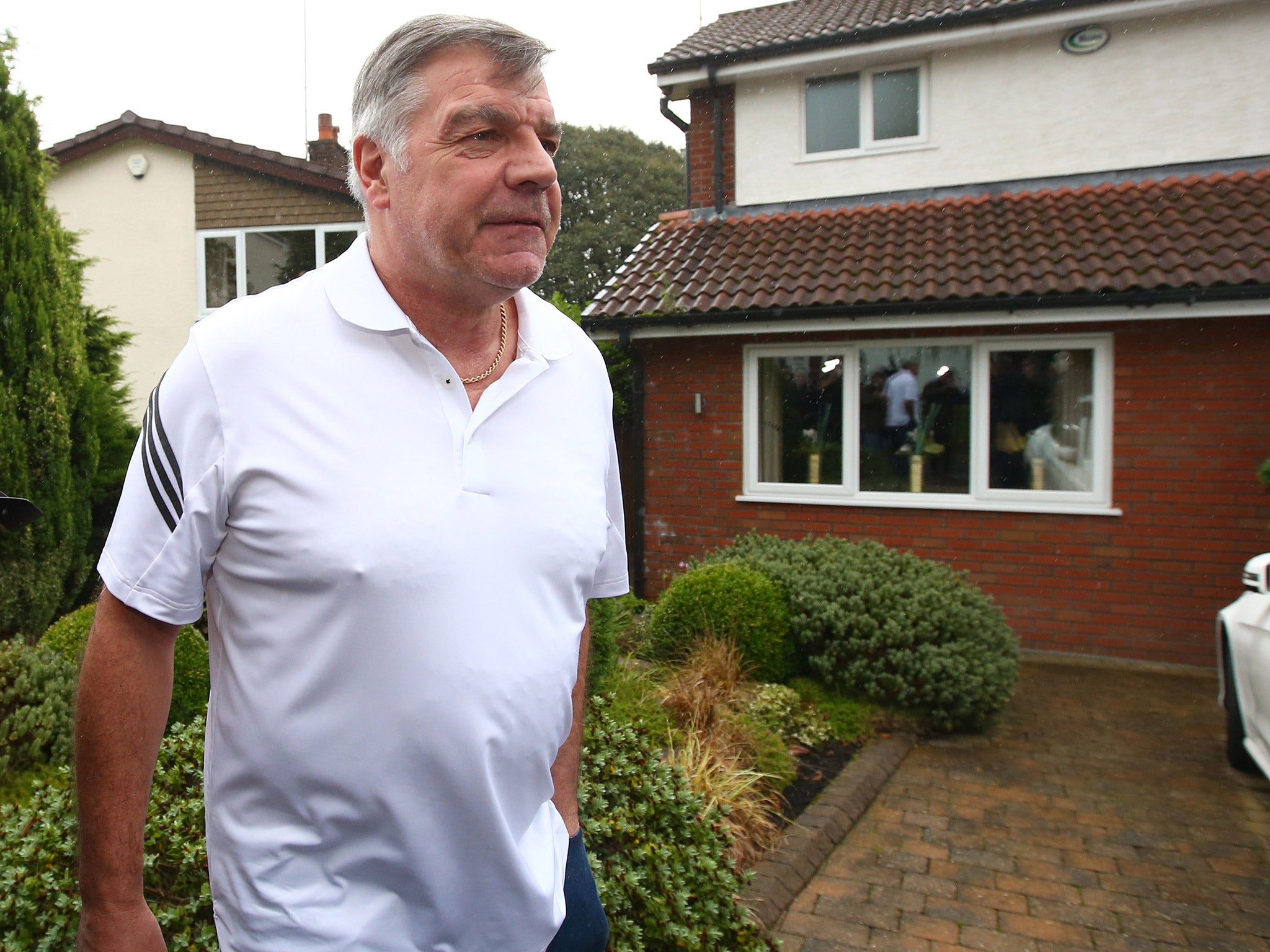Sam Allardyce ‘sting’ is the latest chapter in a new era of investigative reporting
Post-Leveson, newspaper editors are once again investing in serious investigative journalism. John Jewell asks whether the England manager’s downfall is part of a new golden age of gotchas

The manager of the England football team, Sam Allardyce, has resigned just five months into his job, apparently “by mutual consent” – whatever that means – after being splashed all over the pages of The Daily Telegraph, which linked him with allegations of impropriety.
The Allardyce “sting” was the first part of what the Telegraph says is a series of stories yielded by a 10-month investigation into corruption in British football. The paper has alleged that Allardyce, who was only appointed to coach England in July, had used his position “to negotiate a £400,000 deal and offered advice to businessmen on how to ‘get around’ FA rules on player transfers”.
As is now so often the case in these newspaper investigations in the digital age, the Telegraph used hidden cameras to procure footage without the knowledge of Allardyce or his associates. The results led the morning news on Tuesday as the paper’s rivals scrambled to play catch-up on this apparent gotcha.
As well as the main accusations relating to his conduct as manager, Allardyce appears to have been surprisingly indiscreet about – among other things – the psychological deficiencies of the England squad and the qualities of his predecessor as manager, Roy Hodgson. Mocking Hodgson’s well-known speech impediment, he said that “Woy” hadn’t the “personality” for public speaking: “He’d send them all to sleep, Roy. Woy.”
It’s worth noting here that Allardyce has been investigated by the media for impropriety before – by BBC’s Panorama in a 2006 programme called “Football’s Dirty Secrets”. This – as Channel 4’s Michael Crick tweeted – should have alerted the FA that something “was bound to happen”:
Allardyce – along with others named in the programme – threatened Panorama with legal action at the time, although to date nothing has ever been brought to court. So of course all this is hugely embarrassing for the FA which immediately launched an investigation. As Allardyce quit as manager, the quip doing the rounds was that with one win from one game, at least he has left with a 100 per cent record.
Now that Allardyce has left his position by mutual consent, the question is whether the Telegraph was justified in using hidden cameras against the England manager – was this ethical behaviour or the sort of entrapment that journalism has been criticised for in the recent past?
There are some – including Buzzfeed’s investigations editor, Heidi Blake – who argue that, in this post-Leveson era, we are enjoying a journalistic golden age in which editors are “investing in really great investigative journalism more and more”.
Blake was formerly a member of the Sunday Times team which was praised by MPs after breaking news of the Fifa corruption scandal. This was the same investigative team, don’t forget, which also uncovered Russian state-sponsored doping in sport. Even the most cursory glance at the winners of the 2015 British Journalism Awards reveals that the journalists chosen for their work have indeed been part of what Press Gazette editor Dominic Ponsford describes as “clear evidence that publishers across the media increasingly see the value of campaigning and investigative journalism as a way of rising above the digital noise and chatter”.
These included the HSBC files investigation by The Guardian and Simon Murphy of the Mail on Sunday who won New Journalist of the Year for his investigative work on charities.
All this being so, an actual definition of investigative journalism remains difficult to pin down. However, David Kaplan, the executive director of the Global Investigative Journalism Network, suggests that there is broad agreement of its principal components. That is to say, it involves “systematic, in-depth and original research and reporting, often involving the unearthing of secrets”.

On this basis, I suppose the Allardyce story meets these requirements – particularly as it appears to be only the first instalment of a series which will see the Telegraph later this week reveal further allegations of corruption in professional football. These will apparently include a high-profile manager admitting his players were betting on their own games and a senior figure at a Premier League club which apparently facilitated a plan to bribe managers.
But was the entrapment of Allardyce (if that’s what it was) ethical? According to the Independent Press Standards Organisation (IPSO) Editors’ Code of Practice the press must not seek to obtain or publish material acquired by using hidden cameras or listening devices unless it can be justified as being in the public interest where the material cannot be obtained by other means.
As the vastly experienced Roy Greenslade points out, there is evident public interest justification here in a man offering advice on how to break his employer’s rules. It is also difficult to see how the Telegraph could have obtained the story in any other way. So I agree with Greenslade that this is a worthwhile piece of journalism – part, as it is, of a series of investigations about the “governance and influence” of money within professional football.
One final thing. It is a curious coincidence that the Allardyce sting should become front-page news as the trial of the self-proclaimed “King of Sting” Mazher Mahmood takes place at the Old Bailey. The “Fake Sheikh” is accused of intending to pervert the course of justice – and part of his portfolio of scoops includes the tricking of the then England manager Sven-Goran Eriksson into saying in 2006 that he would quit his England role to become the £5m-a-year manager of Aston Villa.
Eriksson also made indiscreet remarks about several England players. His career survived that episode – it remains to be seen, even after his departure from the biggest job in English football, whether Allardyce’s will.
This article first appeared on The Conversation (theconversation.com)
John Jewell is director of undergraduate studies at Cardiff University’s School of Journalism, Media and Cultural Studies
Join our commenting forum
Join thought-provoking conversations, follow other Independent readers and see their replies
Comments
Bookmark popover
Removed from bookmarks